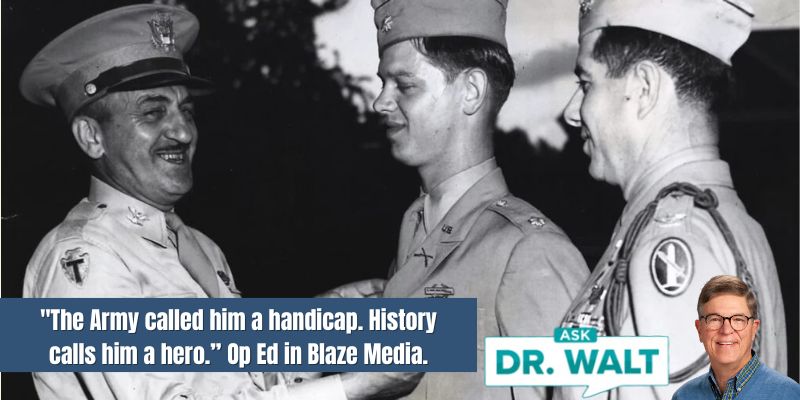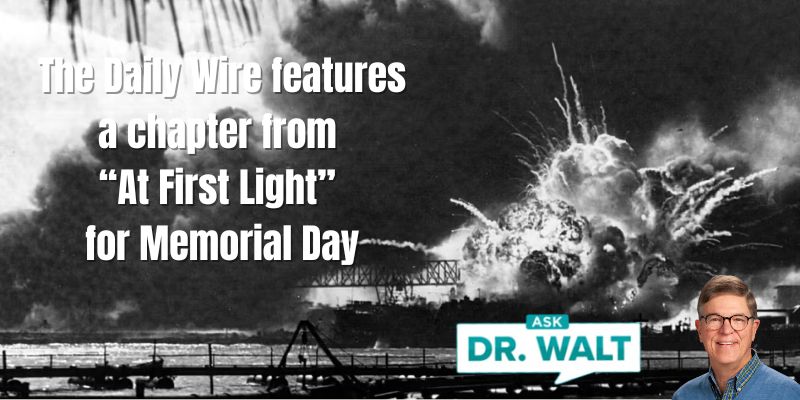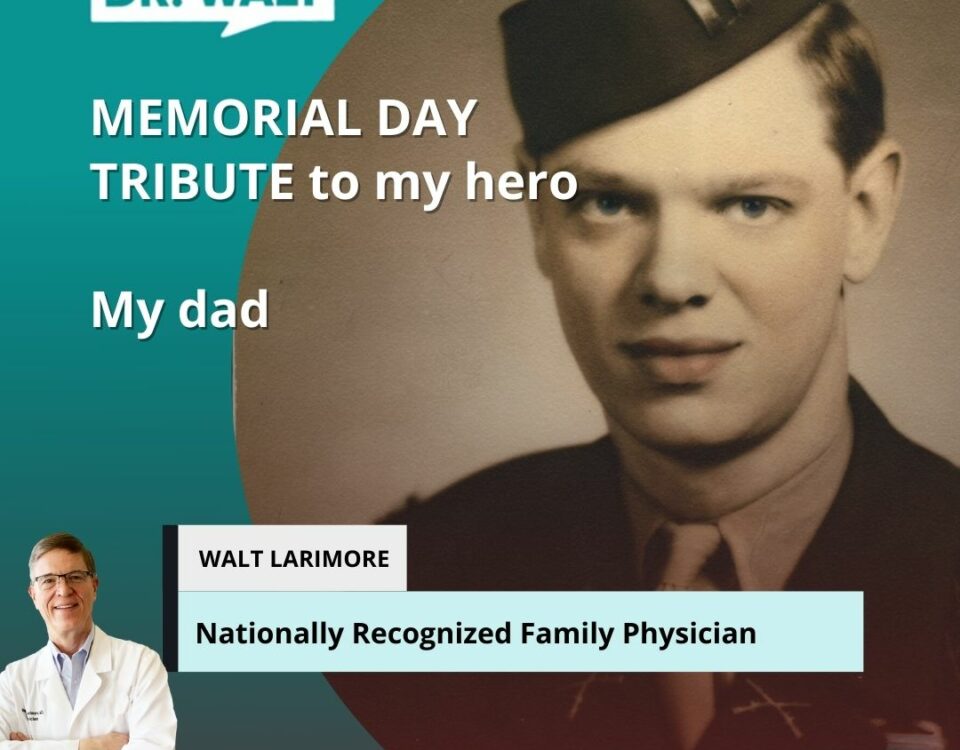
Monthly Family Update — October 2024
October 1, 2024
1) What are the key factors influencing my overall health?
October 2, 2024Patton cursed. His Third Army’s mission was to take Lorraine, but in the sheets of cold rain, with the mud clinging to boots and tank treads and the Moselle at flood stage, he couldn’t do it. “I hope that in the final settlement of the war, you insist that the Germans retain Lorraine,” he wrote Secretary of War Henry L. Stimson, “because I can imagine no greater burden than to be the owner of this nasty country where it rains every day and where the whole wealth of the people consists in assorted manure piles.”[1]

Hitler had the weather on his side. Fall was the annual wet season in Lorraine, with an average monthly rainfall of three inches; however, in the fall of 1944, the U.S. Army would have to slog in and through over 10 inches of rain. It was going to be awful.[2]
~~~~~
Eisenhower commanded three army groups fighting in Europe — the Twenty-first, under Montgomery, the Twelfth, under Bradley, and the Sixth, under Lt. Gen. Jacob Devers (on the southern flank, where Dad was fighting).
The Allies had eight field armies in the field, with fifty-five divisions. Twenty eight of these divisions were American (twenty infantry, six armored, two airborne), eighteen were British and Canadian, eight were French, and one was Polish.[3]
~~~~~
The 30th Infantry Regimental plan on 30 September called for Dad’s 3rd Battalion to continue the frontal attack on the enemy positions along the high ground to the northeast of St. Ame and north of Cleurie while the 1st Battalion enveloped the positions from the left. … The 3rd Battalion resumed its attack at 0915, but strongly entrenched enemy in commanding, high ground positions held up the advance. Companies I and L repulsed savage counterattacks. The 3rd Battalion resumed the attack at 1815 and secured a new forward line and strategic.[3]
~~~~~
At the beginning of October, the American commanders, Generals Devers, Patch, Truscott, and Haislip, realized that their personnel and supply problems made it impossible to launch a general offensive, even if approved by SHAEF.[4] Before any major operations could be undertaken, their troops had to be rested, replacements brought up and trained, and supply stocks, especially ammunition and fuel, built up in the forward area.
During this process, front-line infantry strength would have to be reduced by about one-third as infantry battalions were pulled out of the line for brief periods of rest and rehabilitation.
For a while, no regiment could plan to have more than two of its three infantry battalions at the front at any one time.
The expectation that the poor weather experienced in late September would only worsen during October made ammunition stockpiling even more necessary.
Difficult flying conditions greatly reduced the amount of air support the ground troops could count on and increased the reliance on artillery and mortar fire.
Tactical considerations also militated against a hasty push to the east.
All the roads from the Seventh Army’s base areas along the Moselle River led steadily upward into the thickly forested Vosges, terrain in which the Germans would continue to have every conceivable defensive advantage.
The steep, wooded hills were rarely traversable by vehicles, even by the lighter American tanks and half-tracks, while the narrow mountain roads were easily interdicted; furthermore, heavy vegetation made it difficult to direct accurate artillery and mortar fire or to employ direct air support.
The forests also tended to compartmentalize the battlefield, making it easy for advancing units to become widely separated and vulnerable to infiltration and enemy flanking attacks.[5]
The month, the men could sense, was going to be hell. If Dad had only known.
~~~~~
[1] Weigley, Eisenhower’s Lieutenants, 386. Quoted in: Ambrose, Citizen Soldiers, 136.
[2] Cole, The Lorraine Campaign, 29. Quoted in: Ambrose, Citizen Soldiers, 136.
[3] Ambrose, Citizen Soldiers, 132.
[4] SHAEF stands for Supreme Headquarters Allied Expeditionary Force, a military organization that was created in January 1944 to lead the invasion of Western Europe during World War II.
[5] Clarke, 271.
In case you haven’t read or listened to Dad’s book, you can learn more or order it here.
© Copyright WLL, INC. 2024.




